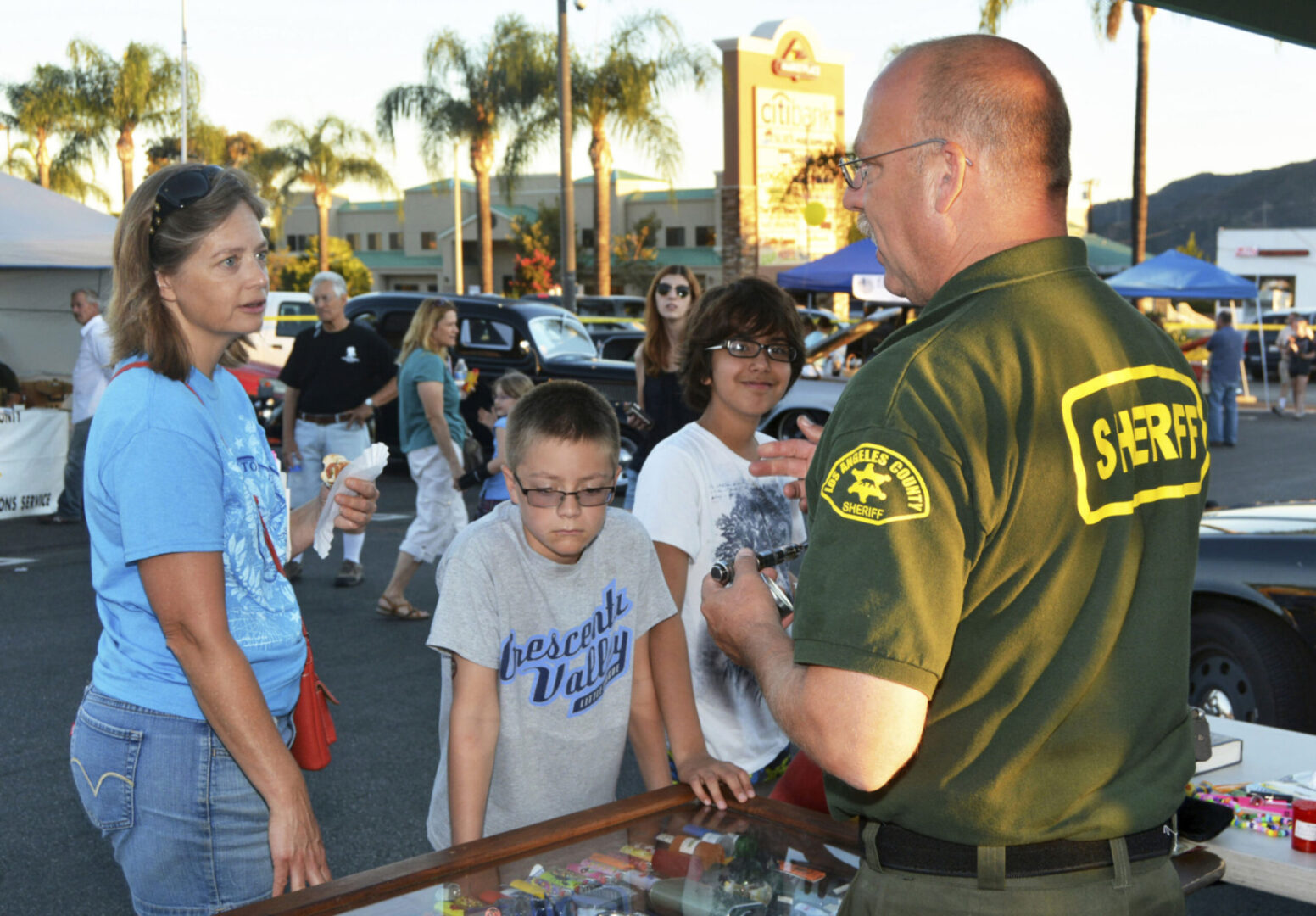Building Trust with Residents: The Imperative of Ongoing Community Surveys in Law Enforcement
In the realm of law enforcement, the bedrock of effective policing is the trust and cooperation between the community and the police force. In today’s digital age, the dynamics of community engagement have transformed, necessitating innovative approaches to foster a positive relationship between law enforcement agencies and the communities they serve. This blog post delves into the significance of conducting ongoing community surveys, particularly emphasizing the utilization of Officer Survey, a tool designed to streamline this process efficiently.
The Importance of Community Surveys in Law Enforcement
Community surveys are not just tools for gathering data; they are bridges that connect the police force with the heart of the community. These surveys serve multiple critical functions:
- Feedback Mechanism: They provide a platform for residents to voice their concerns, perceptions, and suggestions regarding local law enforcement efforts.
- Policy Formulation: The insights gained from these surveys guide policy-making, ensuring that it is responsive to the community’s needs and sentiments.
- Performance Evaluation: Surveys offer a metric to assess the effectiveness of policing strategies and initiatives, facilitating continuous improvement.
Why Opt for Ongoing Surveys?
Traditionally, law enforcement agencies might conduct annual surveys to gauge community sentiment. However, in a world where situations evolve rapidly, this approach is no longer sufficient. Here’s why ongoing surveys, as opposed to annual or sporadic ones, are crucial:
- Real-time Feedback: Ongoing surveys provide a continuous stream of feedback, allowing law enforcement agencies to respond promptly to emerging issues or changes in public sentiment.
- Trend Analysis: They enable the tracking of trends over time, offering a clearer picture of the impact of policing policies and interventions.
- Proactive Problem-Solving: Regular feedback helps in identifying and addressing issues before they escalate, fostering a proactive rather than reactive approach to community policing.
Revolutionizing Community Engagement
In the pursuit of enhancing community engagement, Officer Survey emerges as a game-changer for law enforcement agencies. This platform is tailored to meet the specific needs of police and sheriff departments, offering several compelling features:
- Ease of Use: Officer Survey is designed with user-friendliness in mind, ensuring that both law enforcement personnel and community members can navigate it effortlessly.
- Instant Survey Launch Capabilities: The platform allows for the rapid deployment of surveys, making it possible to gather timely feedback on pressing issues.
- Social Media Integration and QR Codes: Officer Survey leverages the power of social media and QR codes to disseminate surveys widely, ensuring extensive community participation.
- No Setup or Onboarding Fees: The platform is accessible and cost-effective, removing financial barriers to its adoption.
- Real-time Responses: Officer Survey provides real-time insights, enabling law enforcement agencies to make data-driven decisions swiftly.
Building Trust through Transparency and Engagement
The cornerstone of building trust with residents lies in transparency and active engagement. Ongoing community surveys are a testament to a department’s commitment to openness and responsiveness. By soliciting and valuing the community’s input, law enforcement agencies demonstrate respect for the voices of the residents they serve. This, in turn, fosters a sense of shared responsibility for community safety and well-being.
FAQ
Q1: How do ongoing community surveys contribute to building trust between law enforcement agencies and communities?
Ongoing surveys demonstrate the agency’s commitment to transparency, responsiveness, and community engagement. They show that the police force values and acts upon the community’s feedback, thereby building trust and cooperation.
Q2: What makes Officer Survey a preferred platform for conducting community surveys?
Officer Survey is designed specifically for law enforcement agencies, offering ease of use, instant survey launch capabilities, extensive reach through social media and QR codes, cost-effectiveness with no setup or onboarding fees, and the ability to provide real-time responses.
Q3: Can ongoing community surveys help in policy formulation and evaluation?
Yes, the continuous feedback obtained from these surveys provides valuable insights that guide policy-making and help in evaluating the effectiveness of policing strategies and initiatives.
Q4: How does the real-time feedback from ongoing surveys benefit law enforcement agencies?
Real-time feedback allows agencies to promptly identify and address emerging issues, track trends, and make swift, data-driven decisions, fostering a proactive approach to community policing.
Q5: Are there any financial barriers to implementing Officer Survey in a law enforcement agency?
Officer Survey is designed to be accessible and cost-effective, with no setup or onboarding fees, making it a feasible option for law enforcement agencies of all sizes. Click here to view pricing.
In conclusion, the integration of ongoing community surveys, particularly through platforms like Officer Survey, marks a significant stride in the journey towards more responsive, transparent, and community-oriented policing. As law enforcement agencies embrace these tools, they pave the way for a future where trust and cooperation between the police force and the community are not just ideals but lived realities.








